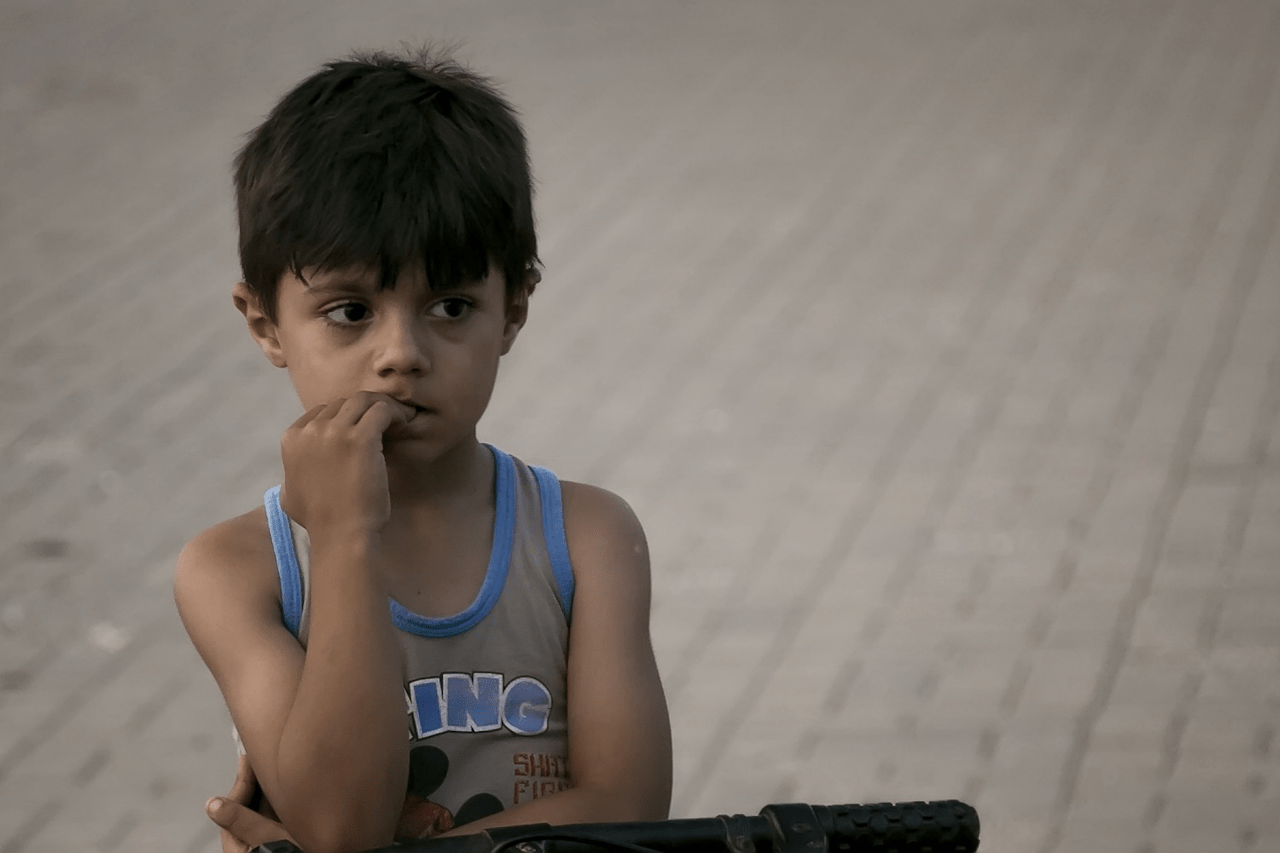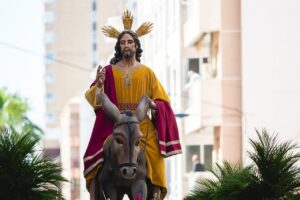1 Samuel 3: 3b-10, 19 (RM) or 1-10 (RCL); Psalm 40 (RM) or 139 (RCL); 1 Corinthians 6: 13c-15a, 17-20 (RM) or 12-20 (RCL); John 1: 35-42 (RM) or 43-51 (RCL).
Do you have a call to ministry? Did anyone ever ask you? How would you have responded – or what did you respond? Was the question implying that you had to figure it all out by yourself and then announce that you had discerned a call? Or that the call would come from around you: from other people who knew you well, from a community or a local church, or from a formal church authority? It might well be all of these.
The Sunday readings this week and next week dance around the theme of a “call” from God and what form that might take, without going on to examine the long-term evolution of a response to the call and its consequences. The story of Samuel is actually rather charming as it moves Samuel and the aged Eli toward recognizing the “voice” of God. It’s an engaging story you could read to children. The underlying purpose of this text was not to identify young Samuel as a prophet, but as a future leader of Israel commissioned directly by God in the Davidic line.
The idea of a “call” is presented on a literal level in the book of Samuel. But this week the two Lectionaries give us two different Johannine readings, one following after the other, but different in tone. In the RM the Johannine writers depict Jesus addressing by name a few individuals who saw him in passing, and being addressed in turn by titles: Lamb of God, Rabbi, Messiah. The RCL passage, which follows directly afterward in the Gospel of John, gives us some puzzling characteristics: “Can anything good come from Nazareth?” as Nathanael sniffed about Jesus, or Jesus characterizing Nathanael as a “true Israelite” (interesting because scholars believe Nathanael had a Greek surname, “son of Ptolemy.”)
In these stories, persons are addressed directly, sometimes called by name. The “call” is personal but not subjective in nature – the call has an objective origin. It doesn’t arise from an individual’s internal inclination or insight, but as a response to a summons, an RSVP answer to an invitation.
Years ago a child growing up in a pious Catholic family might wonder whether he or she had a vocation, in the sense of a personal call from God to enter priesthood or religious life. A promising young person might be approached, even urged, to consider a religious vocation. Sometimes the person might be confused and wonder what to look for, thinking that they had to work this out on their own. A Catholic friend of mine at university once declared, “I used to wonder whether I had a vocation to religious life. But instead I’ve decided I have a vocation to marriage. So now I just need to meet someone.”
When seminary professors and formation directors find themselves dealing with a candidate who claims to have discerned a call directly from God, it’s not a good thing. Such students can be difficult to deal with because they tend to think that no one has anything to teach them, or that their mentors have no grounds to criticize them After all, they’re a gift of God to the church (!) And there we have it — a nascent form of clericalism.
So there are calls and there are calls. No one is called to do something they can’t do. And no one is alone in discerning a call, because ultimately it’s not about us. The initiative comes from God, and develops in a living relationship. A call is not a text message – it’s always dialogic in nature.
Whether it’s a practical call to meet a neighbour’s need, or to serve in a charitable organization or social justice project, or even a call to set apart more time in meditation and spiritual reading — not to mention a call that might turn your entire life around — the call is never a standalone. It is deeply, inextricably woven into a living, and life-giving, relationship with what is holy.
© Susan K. Roll
This Reflection is adapted from that of January 17, 2021.
Susan Roll retired from the Faculty of Theology at Saint Paul University, Ottawa, in 2018, where she served as Director of the Sophia Research Centre. Her research and publications are centred in the fields of liturgy, sacraments, and feminist theology. She holds a Ph.D. from the Catholic University of Leuven (Louvain), Belgium, and has been involved with international academic societies in liturgy and theology, as well as university chaplaincy, Indigenous ministry and church reform projects.




